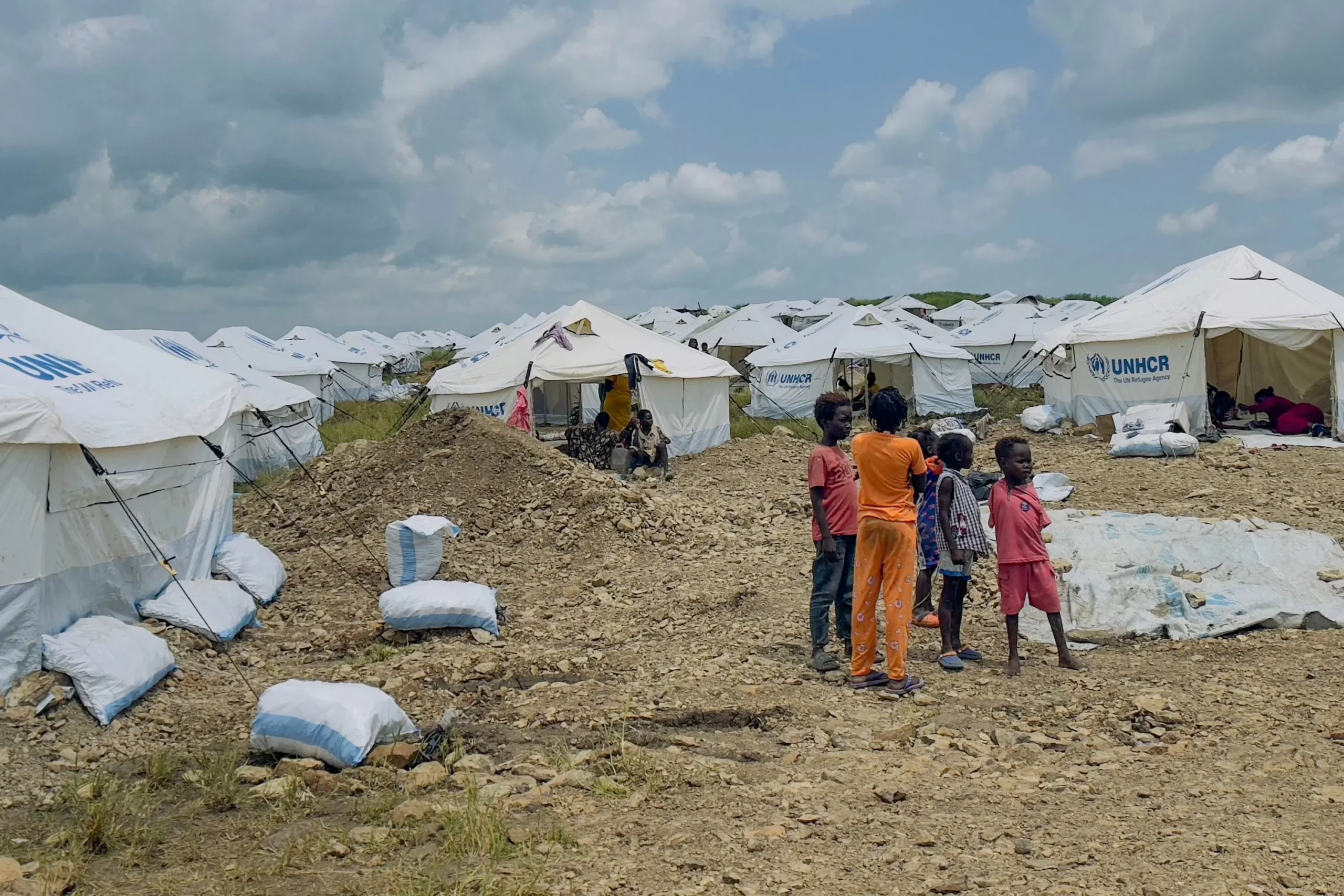War-ravaged Sudan is facing a new crisis as the country battles a deadly cholera outbreak. Over the past two months, at least 388 people have lost their lives and about 13,000 have been infected by the disease, according to local health authorities.
The situation in Sudan is dire. The country has been ravaged by years of civil war, leaving its healthcare system in shambles and its people vulnerable to diseases like cholera. The ongoing conflict has also displaced millions of people, making it difficult for them to access clean water and proper sanitation, which are crucial in preventing the spread of cholera.
Cholera is a highly contagious bacterial infection that causes severe diarrhea and dehydration. It is transmitted through contaminated food and water, and can spread rapidly in areas with poor sanitation and hygiene. In Sudan, the lack of clean water and proper sanitation facilities has made it easier for the disease to spread.
The outbreak has been particularly devastating for children, who make up a large percentage of the affected population. Children are more vulnerable to cholera due to their weaker immune systems and are more likely to suffer from severe dehydration, which can be fatal if left untreated.
The Sudanese government, along with international aid organizations, has been working tirelessly to contain the outbreak and provide medical assistance to those affected. Treatment centers have been set up in the affected areas, and efforts are being made to improve access to clean water and sanitation facilities.
In addition to providing medical aid, the government has also launched an awareness campaign to educate the public about the importance of hygiene and sanitation in preventing the spread of cholera. This includes promoting handwashing, proper food handling, and safe drinking water practices.
The international community has also stepped in to help. The World Health Organization (WHO) has provided emergency medical supplies and trained healthcare workers to respond to the outbreak. Other organizations, such as UNICEF and Doctors Without Borders, have also been providing support and resources to combat the crisis.
Despite the challenges, there have been some positive developments in the fight against cholera in Sudan. The number of new cases has started to decrease, and the mortality rate has also gone down. This is a testament to the hard work and dedication of the healthcare workers on the ground.
However, the battle is far from over. The rainy season in Sudan is just beginning, which could lead to further outbreaks of cholera and other waterborne diseases. The government and aid organizations must continue their efforts to improve access to clean water and sanitation facilities, as well as provide ongoing medical assistance to those affected.
The cholera crisis in Sudan is a stark reminder of the devastating impact of war on a country’s healthcare system and its people. It is also a call to action for the international community to provide support and resources to countries like Sudan, which are struggling to recover from years of conflict.
But amidst the chaos and despair, there is also hope. The resilience and determination of the Sudanese people, along with the support of the international community, have shown that it is possible to overcome even the most challenging of situations.
As the country continues to rebuild and recover, it is crucial that efforts are made to strengthen its healthcare system and improve access to clean water and sanitation. Only then can Sudan truly be prepared to face any future health crises and prevent the loss of more innocent lives.
In the face of adversity, the people of Sudan have shown incredible strength and resilience. Let us stand with them and support their efforts to overcome this cholera crisis and build a better, healthier future for their country. Together, we can make a difference.




![Complete BritRail Pass Guide [Types, How to Use It, Pros + Cons]](https://inside-news.uk/wp-content/uploads/2025/06/00221EB4-BCA2-4DBB-6CD4-83DBC37D71FA-120x86.webp)
















